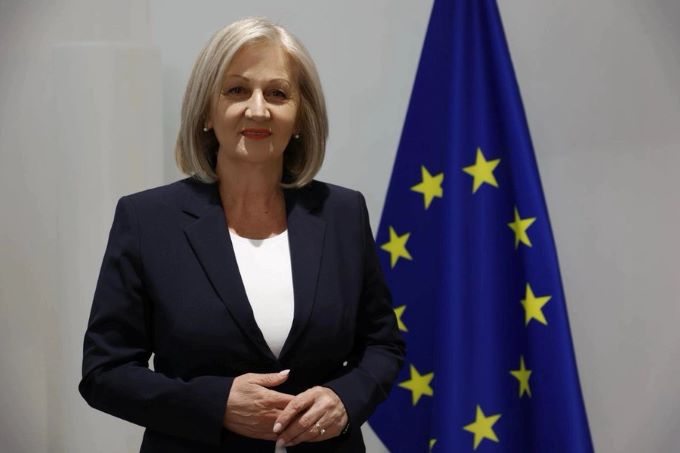Eight years since it first applied, Bosnia and Herzegovina has been told the way is clear for it to enter formal talks for membership of the European Union (EU). The move was given the go-ahead by the bloc’s 27 leaders yesterday, following the European Commission’s declaration that the Western Balkan country had progressed to the point where it now met the standards and criteria necessary to begin accession negotiations.
Announcing the unanimous decision on X, European Council President Charles Michel, pronounced it a “a key step forward” on the country’s path to its place in the European family. “Now the hard work needs to continue so Bosnia and Herzegovina steadily advances, as your people want”, he added.
The decision was hailed by Borjana Krišto, Chairwoman of the Council of Ministers of Bosnia and Herzegovina, who responded on the same social media platform, “sincerely” thanking EU leaders and Michel. She cited the “mutual determination and effort” that had brought them this far, while noting the country’s strong determination “to continue the work that will result in further progress and development of Bosnia & Herzegovina.”
Although EU members in general support the country’s accession in principle, some – Denmark and the Netherlands, for example – had indicated concerns about the need for more to be done about constitutional and electoral reforms before Bosnia could be considered ready for accession talks.
On Wednesday, a parliamentary motion by the Dutch centre-right New Social Contract (NSC) party calling for the talks to be postponed was narrowly defeated, enabling caretaker Prime Minister Mark Rutte to state on arrival in Brussels the next day that his government would “support the Commission’s proposal to open negotiations.” However, he made clear that it was “crucial that Bosnia does a lot more.”
Of the five Western Balkan countries recognised as official candidates for EU membership, Bosnia and Herzegovina is the only one yet to enter formal accession negotiations. Ethnic divisions and delayed constitutional, judicial and electoral reforms have held the country back. The so-called “friends of Bosnia’” – Austria, Croatia, Italy, Hungary, and Slovenia – have sought to link the progress of membership bids by Ukraine and Moldova to Bosnia’s own advancement.
Before the summit in Brussels, Austria’s Chancellor Karl Nehammer acknowledged that “outstanding issues” remained but noted that this was also the case with Ukraine, and that “accession negotiations only start when these points have been met.”
Both Ukraine and Moldova are ahead of Bosnia, insofar as EU leaders approved accession talks last December, yet each also has hurdles to surmount before negotiations can get underway since the negotiation frameworks for their respective dealings with Brussels await the required unanimous approval. According to unnamed diplomatic sources, Hungary might seek to block adoption of the requisite frameworks.

